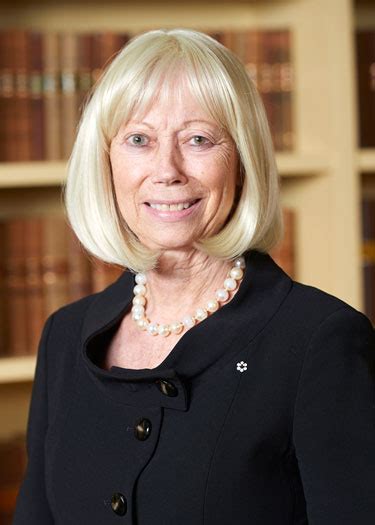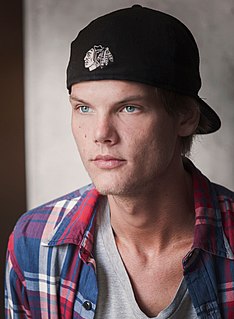A Quote by Jack Kerouac
It’s a sort of furtiveness … Like we were a generation of furtive. You know, with an inner knowledge there’s no use flaunting on that level, the level of the ‘public’, a kind of beatness – I mean, being right down to it, to ourselves, because we all really know where we are – and a weariness with all the forms, all the conventions of the world … It’s something like that. So I guess you might say we’re a beat generation.
Related Quotes
I feel like it's so, sort of representative of a generation. I mean everything that they talk about in the books are things that I get. Even like a lot of the Canadian references because I've worked in Canada a lot, so I totally know Sloan and I know, you know, all this stuff, and meeting Chris Murphy was really cool, and yeah, everything.
I think there's always an expectation when you're a first generation, especially a first-generation Nigerian, of sort of being a doctor or a lawyer or an engineer. And so, you know, sort of my initial pursuits into the arts and that I was going to pursue film as a career didn't confuse them, but it was definitely something that they were scared about.
The bartenders are the regular band of Jack, and the heavenly drummer who looks up to the sky with blue eyes, with a beard, is wailing beer-caps of bottles and jamming on the cash register and everything is going to the beat - It's the beat generation, its béat, it's the beat to keep, it's the beat of the heart, it's being beat and down in the world and like oldtime lowdown.
I think after Iceland's independence in 1944, we were not very sure of ourselves and our confidence was really low. It took one generation to sort of get over that. I'm second generation. My parents were born in 1945-46. Our movement at the punk times was like, we can sing in Icelandic, we are strong.
I guess I don't really know any other way to do it, it just feels like the natural way to do things for me. Like - if I'm writing a song - it has to have some sort of value. Or it only has some kind of value to me, if it's something really personal. It has to mean something to me. I guess it is a little uncomfortable, or it's a little embarrassing sometimes, to know that stuff that honest is out there. But, when I hand off the thing, when it's totally done and mastered and sent, I kinda feel like it doesn't belong to me anymore.
I feel like if you know any women who's an essayist or a writer or a public speaker or just a public person, and they have any presence at all in any kind of social media, or any place where men can voice at them, you have to be pretty amazed at the level of special provocation and sort of violent speech and misogyny that comes at them. Any woman that's really in the public sphere has experienced this. It's kind of shocking how universal it is.
My generation, we're so smart and opinionated, and we know the world we want to live in; we know the future we want. We're such a liberal, forward-thinking generation that's been held back by an older generation that doesn't understand it, doesn't want the world to progress quickly because of old ideologies.
Evolution is all about passing on the genome to the next generation, adapting and surviving through generation after generation. From an evolutionary point of view, you and I are like the booster rockets designed to send the genetic payload into the next level of orbit and then drop off into the sea.
It's so Canada. On some level, you laugh, but on another level, it's just depressing. We pride ourselves: We're not like the bad old U.S. where they had segregation, whites-only washrooms and hotels. We think we were the capital of the Underground Railroad, we were the place to where the slaves escaped, we were a much better country. But in fact, some of the black people in Canada at the time said, 'It's actually much easier in the United States because you know which hotels, restaurants, theatres won't let you in because the signs are there. In Canada, you never know.'
There is a sense of urgency and this is a time for teachers and I think that there is this psychic awareness with this new generation of seekers that they are here to teach and so that they really need to wake up fast, much like we did, because we know that we must show up at a very high level and so therefore I think that there is an unconscious sense of urgency like I need to do this and not just for me, but for something greater and they may not be able to put that into words, but they are experiencing it.
I guess I think like deep inside, I know that it's like, it's a different kind of performing, it's not really... You're not performing like a guitar player or a singer is performing, you know what I mean? So it's weird to be in the same type setup as one of those. 'Cause I'm not really doing much, you know, like technically it's not that hard.
My generation those who were students in the late 60s was always, in the words of the Who, talking about our generation. That's what we thought of ourselves, as the most important thing since sliced bread. And the "we" that we meant was really the Western Europeans and American generation. And as I think back I suppose I have a sense of guilt on behalf of my generation, a sense that we were terribly provincial and didn't understand the really important stuff that was going on in Eastern Europe.




































